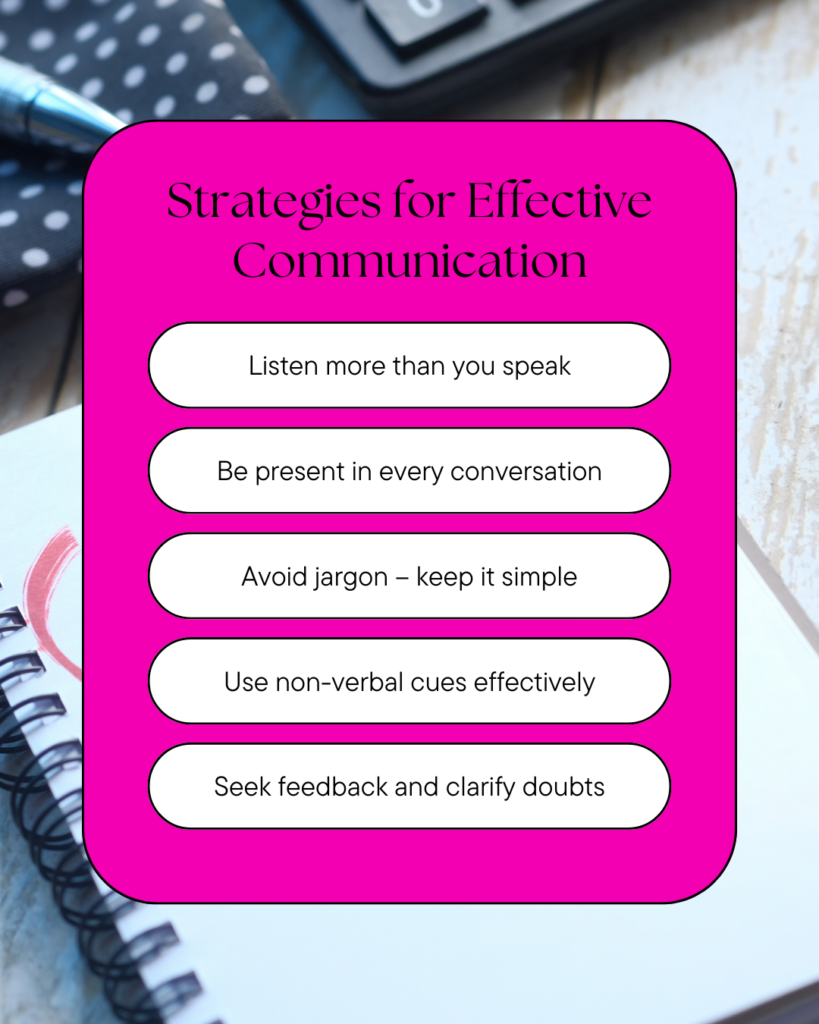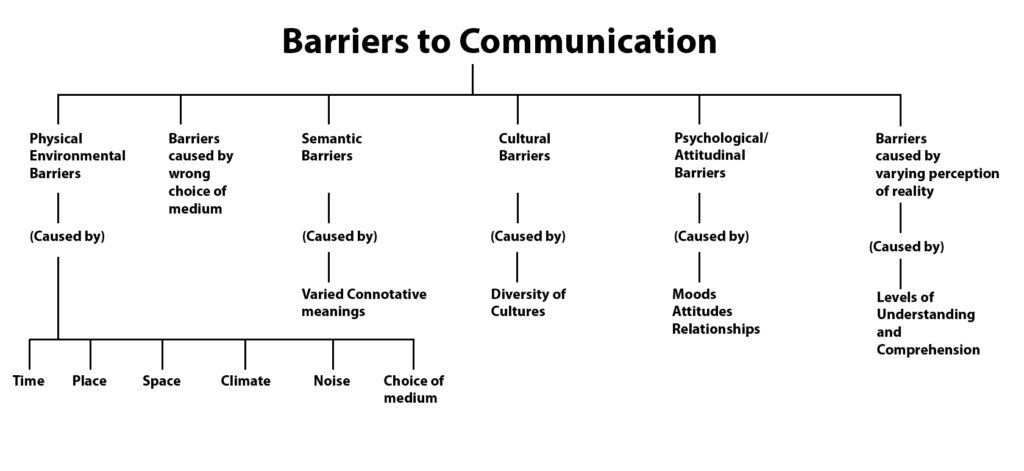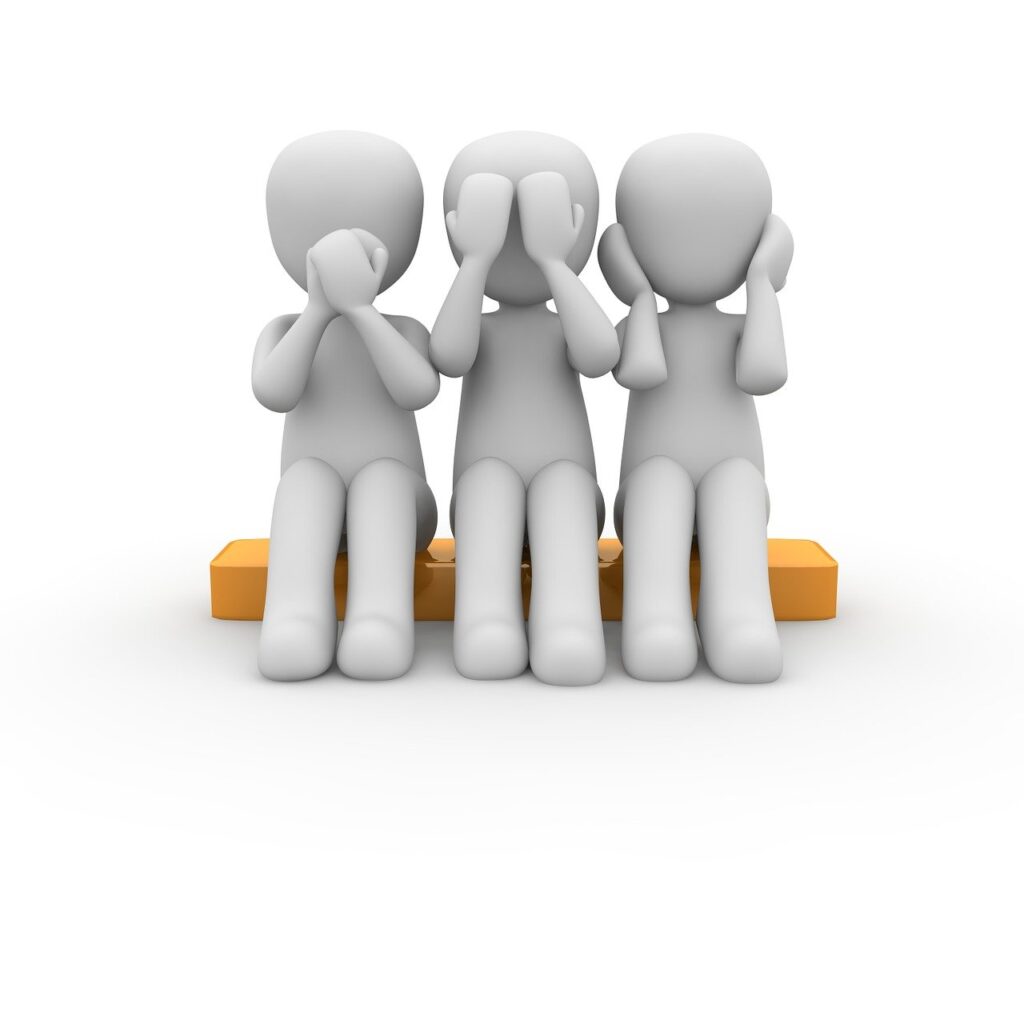
Effective communication is an essential skill for any leader, as it directly impacts team dynamics, productivity, and overall success. In fact, it’s usually always about people….always, and when it’s about people, the only obstacle is us. Sometimes, it may be we are frightened or concerned about things we know will come out or things we don’t know about that will come out.
However, communication barriers can often impede the flow of information and understanding. Tackling these barriers head-on requires awareness, effort, and practice. Here’s the thing. It doesn’t matter if you are talking one person, several people or hundreds of people, if you stick to the KISS principle (keep it simple….), when you reset your communication, you will make a difference for the better.
By implementing the following strategies, you can significantly improve your communication skills and create more meaningful connections with your teams.
Understanding Common Communication Barriers
So often I am coaching leaders in communication barriers, and I am always surprised by the lack of understanding around what are barriers and how they impact communication.
So before diving into the strategies, we need to identify common barriers to effective communication:
- Language and Cultural Differences: Misunderstandings can arise from language barriers or cultural differences in communication styles.
- Environmental Factors: Noise, distractions, and physical distance can hinder communication.
- Emotional and Psychological Barriers: Stress, emotions, and personal biases can affect how messages are sent and received.
- Lack of Active Listening: Failure to fully engage with the speaker can lead to misunderstandings.
- Overuse of Jargon or Technical Language: Using complex language can confuse the audience.
- Non-verbal Misinterpretations: Body language and facial expression

Strategies for Effective Communication
1. The Seven C’s of Communication
The Seven C’s framework provides a comprehensive guide to effective communication:
- Clear: Convey your message in an easy-to-understand manner. Use short, simple sentences to ensure clarity.
- Concise: Make your message as brief as possible. Eliminate filler words and get to the point quickly.
- Concrete: Use specific and concrete language to drive your point home without ambiguity.
- Correct: Ensure your message is free from grammatical errors and factually accurate.
- Considerate: Tailor your message to your audience’s needs and perspectives.
- Complete: Provide all necessary information to avoid confusion and ensure the receiver has everything they need
2. Active Listening
Active listening allows for effective communication. It involves:
- Focusing Fully on the Speaker: Avoid distractions and give the speaker your undivided attention.
- Showing That You’re Listening: Use body language, such as nodding and maintaining eye contact, to indicate engagement.
- Providing Feedback: Paraphrase what the speaker has said to ensure understanding.
3. Empathy and Open-mindedness
Empathy and open-mindedness help bridge gaps in communication:
- Understand Different Perspectives: Try to see things from the other person’s point of view and be open to new ideas.
- Be Patient and Supportive: Show patience and provide support, especially when dealing with emotional or sensitive topics.
Other areas to consider
- Use the appropriate medium (e.g., email, phone, video call) based on the message and audience.
- Create opportunities for team members to share their thoughts and ideas openly.
- Show respect for different viewpoints and foster an inclusive atmosphere.
- Offer feedback in a way that is helpful and encouraging, rather than critical.
Effective communication is not just about speaking clearly; it’s about creating an environment where everyone feels heard, understood, and valued. By implementing the strategies outlined above, leaders can break down communication barriers and foster a more open, productive, and harmonious environment.
Remember, improving communication skills is an ongoing process that requires regular reflection, feedback, and adaptation. With persistence and dedication, leaders can master the art of communication and lead their teams to greater success.
By focusing on these methods, you can enhance your communication skills, build stronger relationships, and create a more cohesive and effective team. Start implementing these strategies today and watch as your ability to connect and lead improves dramatically.
